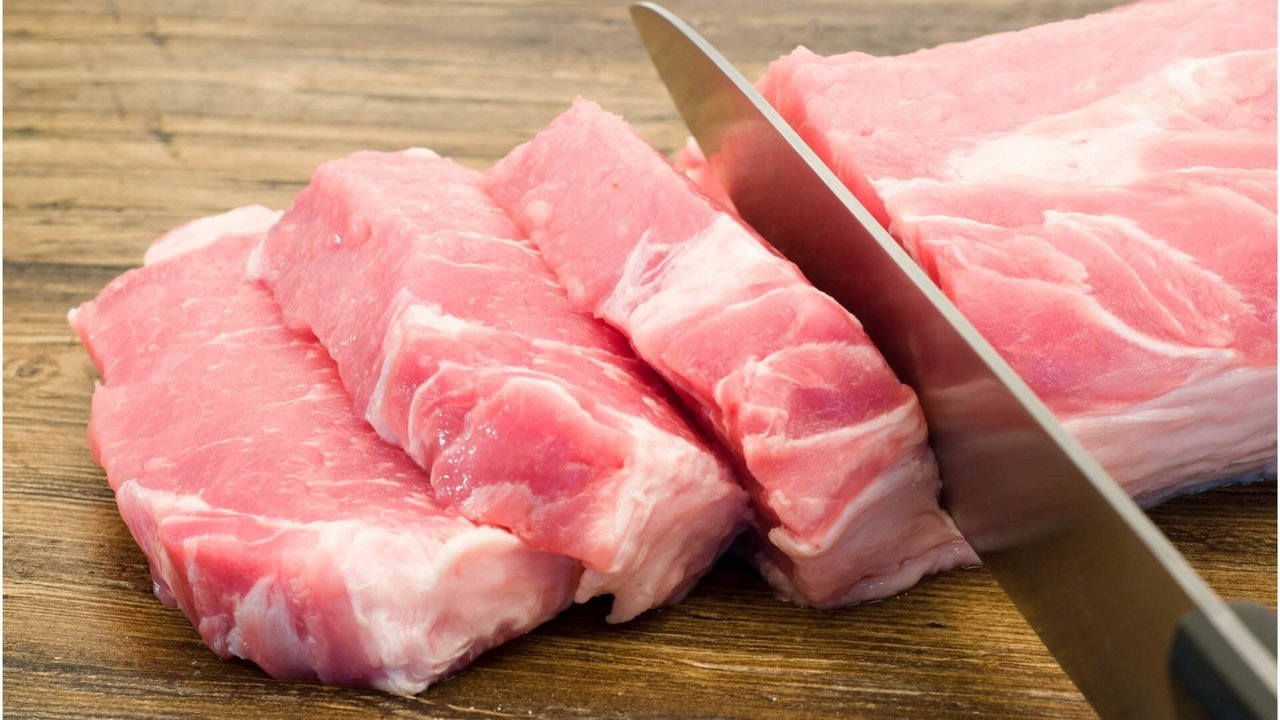In the country of 45 million people, per capita poultry consumption surpassed beef consumption for the first time last year, according to official data, as consumption of more expensive red meat fell amid triple-digit inflation and austerity measures by President Javier Milei.
The shift, while part of a longer trend, underscores how Argentines are tightening their belts and adapting their diets.
Milei's spending cuts stabilized the country's shaky economy, but in the short term pushed more than half the population into poverty.
"The reality is that I eat more chicken because meat is much more expensive. Chicken goes a long way," said Araceli Porres, 45, who works three jobs in Buenos Aires to support her family and who usually prepares sautéed chicken and Milanese.
Data from the Rosario Grain Exchange showed that chicken consumption jumped in 2024 to 49.3 kg per capita, surpassing that of beef, which fell to 48.5 kg -- still the highest in the world, ahead of Uruguay and Brazil. Pork consumption rose to 17.7 kg per capita.
Chicken consumption has grown and that is driven by price," said butcher Daniel López in a neighborhood on the outskirts of Buenos Aires, explaining that the cheapest price for a kilo of ground beef was 5,000 to 6,000 pesos ($5 to $6), compared with half the price of chicken.
"That's the difference, and today people are taking better care of their pockets," López said. "Wages are still low, inflation is still felt, so people always ask about offers and we end up offering chicken, which is the best economic option."
Argentines have an almost religious fervor towards beef, often the centerpiece of traditional family barbecues in the garden, at corner steakhouses or even at improvised barbecues on construction sites or by the side of the road.
Argentina is the second largest producer of beef and chicken in South America, after Brazil, according to the United States Department of Agriculture.
Beef is such an important staple that prices and affordability can become politically sensitive, which could put pressure on Milei, who plans to deepen her reforms this year.
Economic growth is showing signs of returning and inflation has fallen sharply, earning him praise and breathing room with voters.
Miguel Schiariti, head of Argentina's meat sector chamber CICCRA, said cattle farming is more expensive than pork or chicken per kg of meat, meaning the price of beef has had to increase.
“Today, for the average price of one kilo of beef, you can buy three kilos of chicken or almost two kilos of pork,” he said. He added that as the economy has recovered this year, prices could continue to rise, although farmers may also start producing more.
